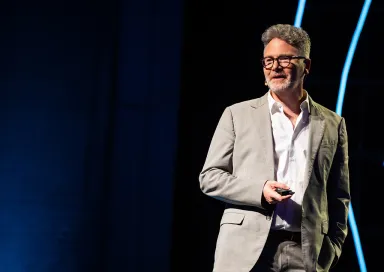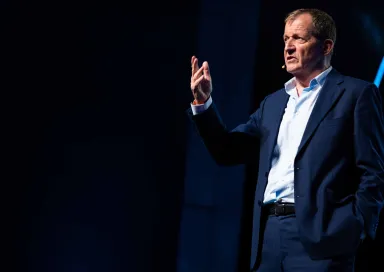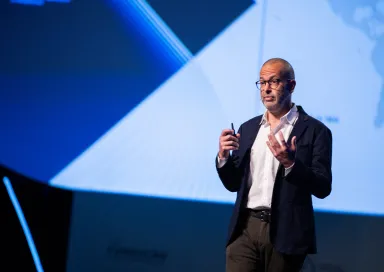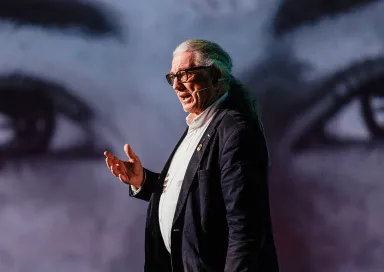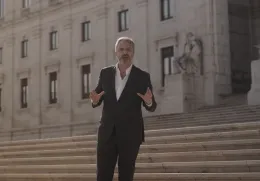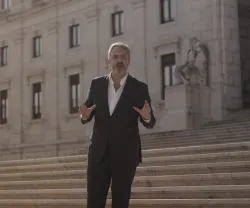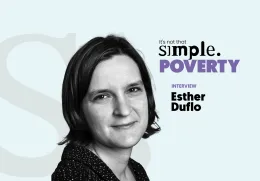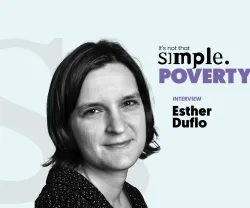In his 1979 book A Choice of Catastrophes: The Disasters that Threaten our World, Isaac Asimov anticipated, with remarkable foresight, a fantastic world of crowdsourcing information, knowledge and thought: «There will be a tendency towards centralisation of information, so that a request for certain items can draw on the resources of all the libraries in a region, or a nation, and perhaps the world. Eventually, there will be the equivalent of a computerised Global Library, in which all of humanity's knowledge will be stored and from which any item can be withdrawn on request».
«Certainly, more and more people would follow this easy and natural way of satisfying their curiosities and drives for knowledge. And each person, as they educated themselves according to their ambitions, could begin to make contributions. Anyone who had a new thought or observation of any kind on any subject could submit it, and if it was not already in the library, it would be kept waiting for confirmation and eventually incorporated. Each person would be both a teacher and a student»,
In 2001, over 20 years after Asimov's «vision», Wikipedia was inaugurated, the fifth most visited website on the Internet. Jimmy Wales, in addition to being a technological visionary and a pioneer of «wikis», is best known as the founder of Wikipedia, an international Internet encyclopaedia providing free content, and of the Wikimedia Foundation.

Conferences that bring together leading national and international experts on topics ranging from ethics to issues, from women to young people, from social security to ageing, from economics to science and the universe.


